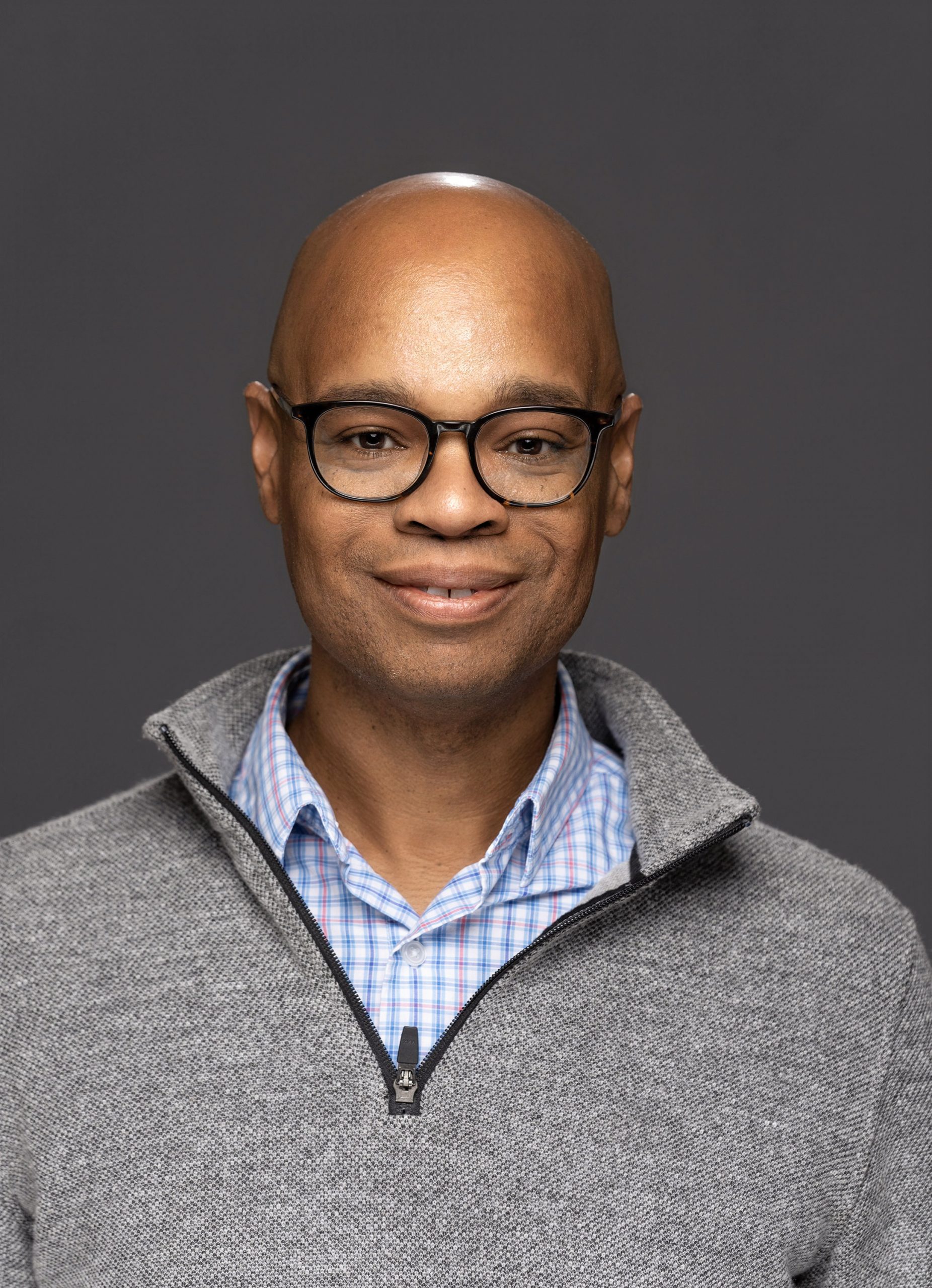
When Vanderbilt announced its new College of Connected Computing, Provost C. Cybele Raver knew the university needed an extraordinary leader to oversee the initial startup of the college—a gifted scholar capable of understanding the interdisciplinary scope of the new college who also had the leadership skills to unite faculty from across campus to lay vital groundwork for the appointment of a new dean. She found the perfect candidate in cognitive scientist Duane Watson, who will lead the initial planning of the college as vice provost for special initiatives.
“The College of Connected Computing is one of Vanderbilt’s most ambitious projects in decades as it strives to unite cutting-edge computing-based scholarship across our campus,” Raver said. “Duane Watson embodies the leadership skills, scholarly breadth and institutional know-how required to lay a strong, faculty-led foundation for the new college, and I’m pleased he’s accepted the role as vice provost for special initiatives.”
As a psychology student at Princeton University, Watson, who holds the Frank W. Mayborn Chair in Psychology and Human Development, learned to understand the brain as a computer, an analogy that led him to pursue his Ph.D. at the Massachusetts Institute of Technology. This decision laid the foundation for a distinguished career as a cognitive scientist and linguist, working to explore prosody in human language and physical gestures as a path to understanding how language is represented by the brain.
After joining Vanderbilt in 2016, Watson established the Communication and Language Lab. As principal investigator, Watson explores the cognitive mechanisms that underlie communication and language, a pursuit that has taken on new direction with the advent of Generative AI and large-language models. During his appointment as associate provost for faculty development, Duane helped launch the Generative AI Initiative and has been instrumental in many of the university’s investments and strategies behind LLMs.
Before his new appointment, Watson served as associate provost for faculty development, working with the Office of Faculty Affairs and Professional Education to support early career tenure-track faculty and mentoring initiatives around diversity, equity and inclusion. Watson undertook this work while maintaining his lab obligations and exhibited a remarkable knack for leading people across a range of projects and functions, according to Tracey George, vice provost for faculty affairs and professional education.
“Duane is that rare kind of scholar who can navigate seamlessly through the humanities, social sciences and hard sciences while retaining the ‘soft skills’ required to be a standout leader of people,” George said. “As faculty from across Vanderbilt collaborate to inform the planning phase for the College of Connected Computing, I can think of no leader better prepared to play to our institutional strengths than Duane.”
As vice provost for special initiatives, Watson will lead a multi-faceted effort to solidify the strategic underpinnings of the College of Connected Computing. The work is like that of a dean, empowering a team of gifted faculty to lay the groundwork for a world-class computing college that is distinctively Vanderbilt. But the focus is largely operational, navigating questions around faculty appointments, initial hiring and accreditation. He will also oversee the collaborative strategic planning for the college’s “hub and spoke” model, which aims to connect all computing-based scholarship in every college.
“I am consistently amazed by our faculty’s ability to work across disciplinary lines toward a common goal. This collaborative spirit sets Vanderbilt apart and serves as the foundation for our work on the College of Connected Computing,” Watson said. “I’m honored to work alongside remarkable faculty from across campus to establish a strong foundation for the college.”
As part of his assignments, Watson serves as co-chair of the provost’s Connected Computing Task Force with Krish Roy, dean of the School of Engineering, and will support the Computing Catalyst Working Group led by Padma Raghavan, vice provost for research and innovation. He will also oversee a series of listening sessions with faculty across campus. At the end of his appointment, Watson hopes to hand off the College of Connected Computing to its new dean with all the necessary institutional knowledge and processes baked in.
“The sooner the dean can get about the business of implementing their vision, curriculum and recruiting faculty, staff and students, the better,” said Watson, whose work begins immediately. The College of Connected Computing will welcome its first students for the 2026–27 academic year.
